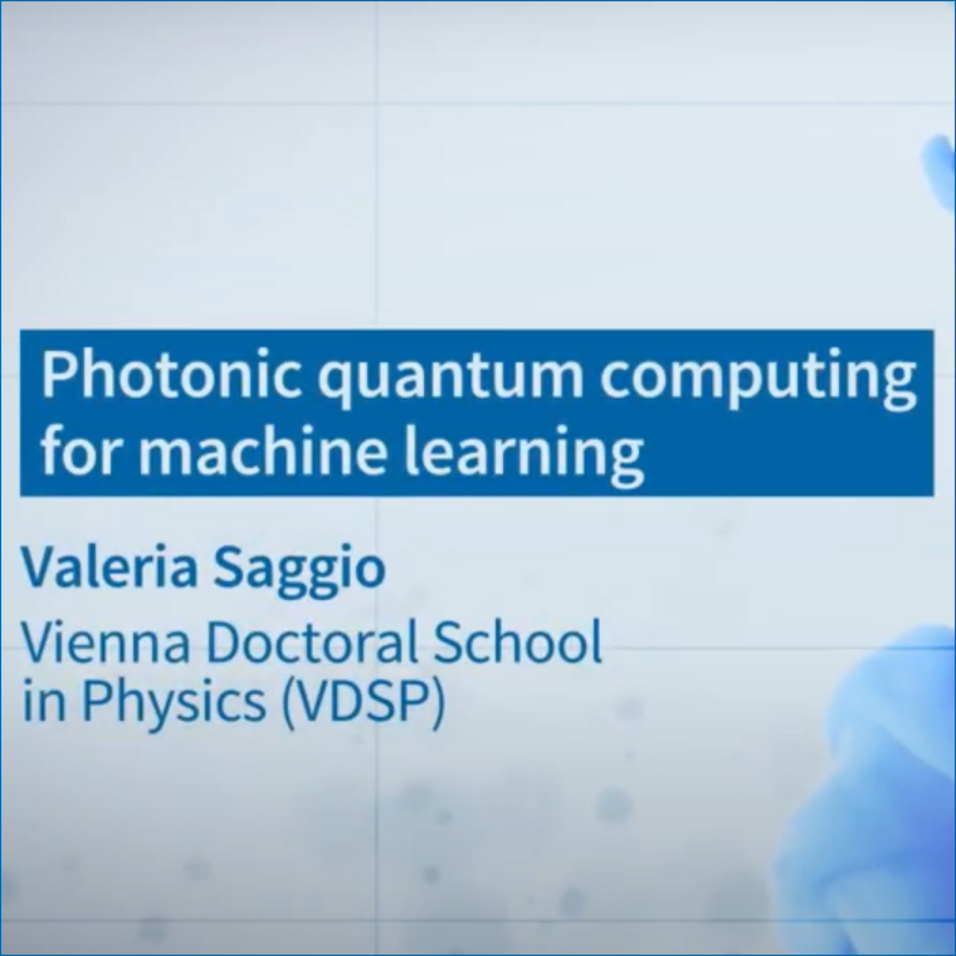Valeria Saggio, doctoral candidate at the Vienna Doctoral School in Physics, investigates the bridge between quantum physics and artificial intelligence. Her team was able to demonstrate that the learning time of agents can be reduced when quantum physics is used in the machine learning protocol.
The bridge between artificial intelligence and quantum mechanics is currently one of the most investigated topics in the academic community. Over the past few years, many academics have started to study the ways in which quantum mechanics can prove beneficial for learning robots, or vice versa. Yet, robots were still incapable of learning faster.
Robots learn faster when quantum physics is used
Valeria Saggio, doctoral candidate at the Vienna Doctoral School in Physics, is working on this hot topic and does experiments with photons. Together with international collaboration partners in Austria, Germany, the Netherlands, and the USA, she was able to show that quantum technology can speed-up the learning process. "In one of our latest experiments, we were able to demonstrate that agents can learn faster. The learning time can be reduced when quantum physics is used in the machine learning protocol," says Valeria Saggio. The results were recently published in the journal "Nature". (Read more about the project)
Real-life applications of quantum physics
When Valeria Saggio first started to study quantum mechanics, she was really fascinated by its fundamental aspects. But as soon as she started to work on experiments, she realised that quantum mechanics has the potential of leading to real life applications, for example in the field of secure communication: "I am really interested in the potential impact that quantum technologies might have on our society in the near future."

